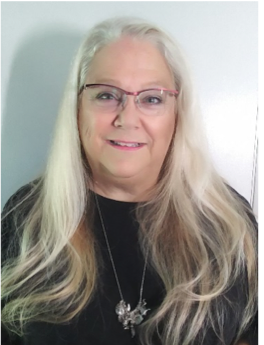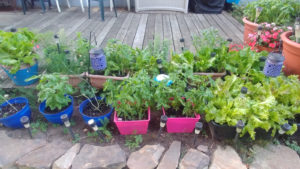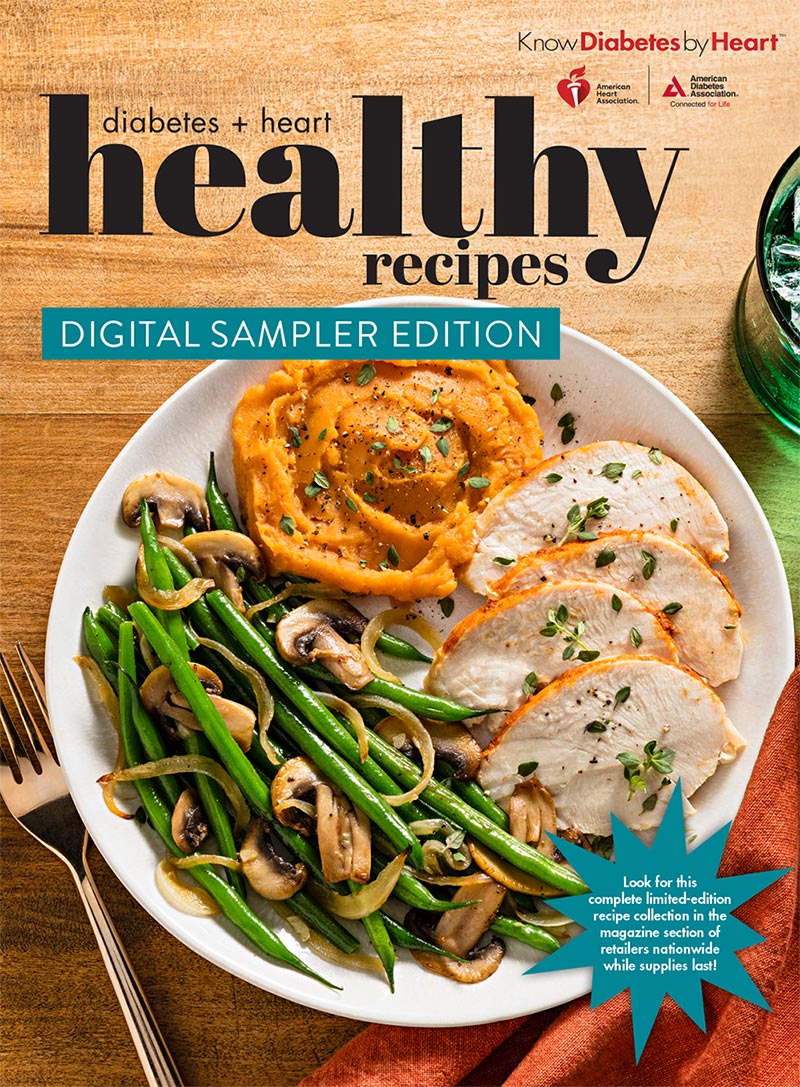Jane

Refusing to surrender to a trio of potentially debilitating chronic conditions, Jane surrounded herself with experts—then became a patient advocate to help people like her.
Jane DeMeis has never sat still in her life. In fact, her husband, Joe, calls her “the white tornado” because of her high energy and her platinum blond hair.
For years, Jane worked long hours as the director of education for a home healthcare agency, often heading into the office before sunrise, burning the midnight oil and taking on additional responsibilities when required. Now in her 60s and enjoying retirement in the charming village of Fairport, New York, she’s somehow even busier.
Jane serves as the chair of the board for the local ambulance company, the director of communications for the historical society, liaison for people in need to the local food shelter and a trustee on her village’s tree board – just a few of her many endeavors.
Her energy is even more remarkable in light of her medical history.
In 2003, Jane was diagnosed with Factor V Leiden, an inherited condition that causes blood to clot. And several years later, she learned she had psoriatic arthritis, an autoimmune disorder that attacks healthy tissue, causing joint inflammation. It made it difficult to walk and her fingers curled up and become claw-like. “I went from playing tennis three times a week to not being able to hold a pen,” she said.
A common blood thinner helped to minimize the risk of clots. She was prescribed a treatment of prednisone and methotrexate — a chemotherapy and immune suppressant — and ibuprofen to treat the arthritis. After several months on the regiment, however, Jane started urinating blood, and her kidneys were damaged. Through the next years, the psoriatic arthritis changed her blood chemistry, causing her to pass more than 30 uric stones. Doctors diagnosed her with stage 3b kidney disease.
“I felt very alone,” she said. Then, on top of everything, in 2016, a routine blood test revealed she had type 2 diabetes.
“Most people would curl up in a little ball, but not her,” said her husband, Joe, who also lives with type 2 diabetes and has heart issues. “Jane’s a fighter.”
In 2017, Jane’s kidney function declined further and she went to stage 4 CKD. Determined to get her numbers under control, Jane met with a renal dietician, who helped her to create a way of eating suitable for both kidney disease and diabetes. It’s a tricky balance. A renal diet is low in sodium, protein, potassium and phosphorous, while a diabetic diet restricts primarily fats and carbs. And because she has Factor V Leiden, she needs to carefully monitor her intake of Vitamin K, a nutrient involved in blood clotting that’s found in dark green foods.

While she enjoys some dairy products and eats poultry once-in-a-while, Jane has adapted a largely plant-based diet. Rather than get frustrated at all the restrictions, she took it as a challenge. She learned to bake her own whole wheat, rye and Italian bread, which doesn’t raise her glucose as much as store-bought loaves. She modifies recipes with a variety of fresh herbs and seasonings.
“A small cup of mashed potatoes has your daily allotment of carbs, but if you use cauliflower instead, you can eat a lot more of it,” she said. “Of all the things I have to deal with, diabetes is the thing I have the most control over.”
In addition to tending to her large herb and vegetable garden, Jane also started a walking program, strolling for about a mile at a time at a local nature preserve or along the shore of Lake Ontario. With the modifications of her diet, she has lowered her A1C to 5.9 and lost nearly 40 pounds. She also was able to stabilize her renal function for more than three years.
Proud of her accomplishments and duty-bound to pay it forward, Jane has also begun volunteering to a variety of causes dedicated to helping others. For example, she helped develop menus for cooking classes for people with kidney disease. And she’s part of a community outreach program that educates people about topics like kidney disease, blood pressure and heart disease.
Perhaps most rewarding, she serves as a peer mentor and ambassador for the National Kidney Foundation, talking with people newly diagnosed with kidney disease.
“Health care providers have a tendency to give you the bleak side of things, and that can be frightening and overwhelming,” she said. “That’s not the way it has to be. No one has to do it alone.”




